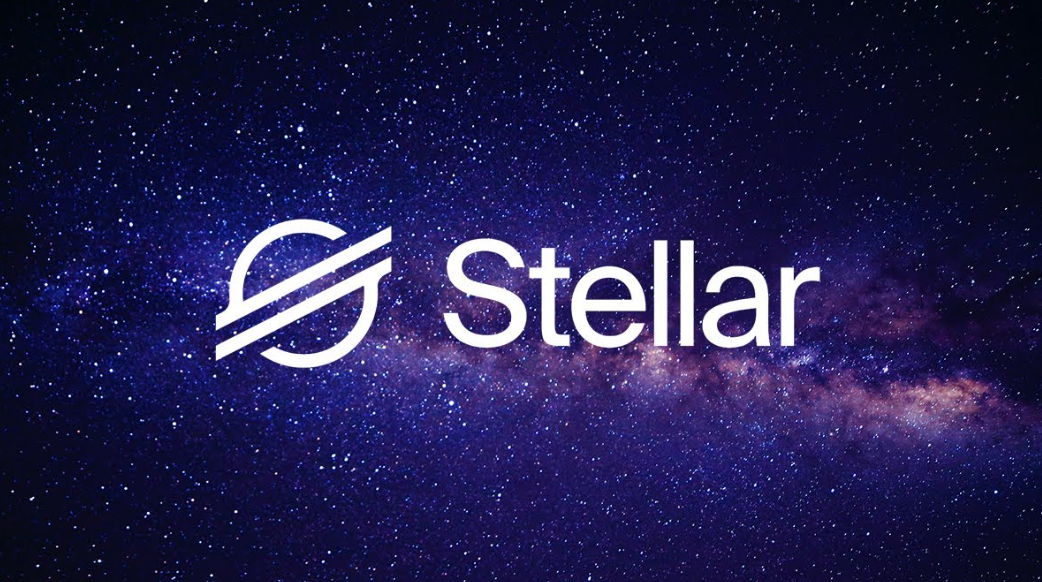What Are Rebase Tokens and How Are They Taxed? Currently, rebase tokens are subject to a grey area when it comes to taxation. Similar to capital gains, rebase tokens may be taxed as a staking reward. As a result, it’s important to get advice from a tax authority or professional to be sure.
OlympusDAO
The OlympusDAO Rebase Token (OHM) is a treasury-backed reserve currency issued by the Olympus protocol. Each OHM token is backed by $1 worth of assets. There is no upper limit to OHM’s value.
Rebasing is a strategy used by many crypto projects to attract investment capital. The idea is to distribute rebase rewards to token holders by increasing or decreasing the total supply of a cryptocurrency. Stablecoins, for example, use rebasing to keep their token values pegged to the dollar. As a result, when the price goes up, the tokens supply increases. Protocols like OlympusDAO use this strategy to provide high annualized returns to token holders.
The Olympus Rebase Tokens project enables users to stake OHM for rewards and participate in the Olympus network governance. Staking increases the user’s eligibility to navigate the network. To fully understand the concept, it is important to understand the relationship between staking and reward rate.
OlympusDAO is an ambitious project. The Olympus protocol is built on a decentralized network of community members who execute protocol decisions. Currently, over $100 billion USD of dollar-pegged stablecoins are in circulation. However, they are susceptible to inflation and losing purchasing power over time. As such, Olympus has developed interesting tokenomics and mechanics to ensure the currency’s sustainability.
Wonderland Money
Wonderland has launched a new product called wMEMO, which is the new currency in the Wonderland ecosystem. It allows users to buy, sell, and exchange their tokens across all chains. The value of wMEMO is expected to rise over the course of every rebase. It also opens up the Wonderland ecosystem to a wider audience and a wider range of markets.
There are various rules governing taxation of rebase tokens. First, you must know that you are required to report all rebase rewards as income. While this may not seem too much of a burden, it is a legal requirement. In addition, you have to determine the fair market value of the rebase rewards you receive.
Second, the tax treatment of rebase tokens can differ from country to country. In many countries, you can claim rebase token rewards on your annual tax return. In other countries, you may need to complete an additional form. Moreover, rebase token rewards should be reported as income rather than capital gains.
KlimaDAO
Rebasing is an option that a KlimaDAO holder can use to increase their KLIMA balance. This allows them to spend their sKLIMA for rewards. The rebase rate is based on the amount of KLIMA that is staked. The higher the amount of KLIMA that is staked, the higher the APY will be.
The Klima DAO has two income streams: seigniorage from bonds and fees from liquidity provided to the market. These sources of income will help the Klima DAO maintain its APY. It is also a decentralized project, backed by a layer-two scaling solution built on Ethereum. It uses a customized Plasma framework and proof-of-stake checkpoints to run its operations on the Ethereum mainnet.
Climate change is a major issue that the world faces today. Each year, hundreds of millions of dollars are poured into fossil fuels. Klima DAO uses blockchain and web3 technologies to create a decentralized system to generate tokenized carbon credits. This allows users to participate in a more efficient way in the carbon economy. The climate-friendly system is expected to reduce emissions and create a sustainable incentive system for businesses.
The main reserve asset of the KlimaDAO is the carbon offset index token. This token represents a basket of several tons of carbon that is offset by projects. The Klima DAO also has derivative tokens based on the sKLIMA. In order to mint 1 KLIMA, an investor would need to provide 1 BCT and 1 pKLIMA.
Londefy
The Londefy project boasts of an integrated dashboard app for its users. This allows them to monitor their earnings and rewards in real-time. In addition, the company has launched a major marketing campaign with top crypto influencers. It has also been featured on media sites.
As one of the hottest trends in the DeFi world, rebase tokens are becoming increasingly popular. But this trend comes with its own risks. They may be subject to several tax events, so investors should be aware of the risks associated with them. Here is a quick rundown of the key points to consider when making a decision.
Rebasing is a process that is similar to that of stablecoins. When the rebase function is used, the tokens are adjusted in value based on an epoch and a date-time. This process increases the value of the tokens by increasing or decreasing their supply. The rebasing process also involves changing the balance of method code.
Rebase tokens are cryptocurrencies with an algorithmically-controlled supply. This means that the circulating supply is adjusted in response to fluctuations in prices. As a result, the tokens’ prices fluctuate with market prices. These fluctuations, however, do not affect the value of the tokens in a user’s wallet.
Koinly
Koinly Rebase Tokens are tokens that change their value based on their smart contract. That means the balance of your account will change. In order to use Koinly, you must manually mark each rebase transaction as “lost”. This is very time-consuming, especially if you want to do rebases daily.
Koinly also helps you with your cryptocurrency taxes. The app allows you to track your holdings, and calculate short and long-term gains and expenses. You can even use the service to file your tax return. You can find out what your profits and losses are, all through a simple dashboard.
In addition to offering a comprehensive platform for cryptocurrency tax filing, Koinly provides useful educational materials for its users. A blog features information about tax-loss harvesting, rebasing, and more. The company’s guide provides information tailored for the user’s country, and it offers a tax calculator. Koinly also lets you calculate how much fiat you invested in different crypto assets, and how much you earned in return. With this comprehensive service, you can save time and money when it comes to filing your taxes.
Koinly calculates all taxes automatically, and even has features to import your cryptocurrency transactions. It syncs your exchanges and wallets with your Koinly account, and can import a CSV file containing all your crypto transactions. Koinly will automatically identify the different types of crypto transactions and apply appropriate taxes. It should also automatically label all your DeFi transactions. You can tag them as “loan interest” or “interest payment.”
RMPL
RMPL Rebase Tokens is a cryptocurrency that has potential to reach hundreds of billions of dollars. It has an enormous supply that can be increased exponentially. Currently, it has a market cap of around 6.5 million dollars. In the coming weeks, this token may rise as high as a billion dollars. It is an excellent time to invest in RMPL. It has an impressive team and plans to list on centralized exchanges. It has already partnered with BiKi exchange, so it will not be a long wait before it reaches its goal.
RMPL is a decentralized currency that uses elastic supply model. Its total supply fluctuates every 48 hours, and rebasing happens randomly. This process prevents price manipulation and bot manipulation. Each rebase period starts when the RMPL price goes above $1.05 or below $0.95. This mechanism makes it impossible to manipulate price via arbitrage.
In addition to launching on CEXs soon, RMPL has recently partnered with Yellow, a startup incubator. This partnership will help RMPL with their initial fundraising and product development. The token also has a staking program called Cradle, which rewards holders with bonus RMPL tokens. The project has recently completed its audit of its smart contract and is currently working on other features like yield farming and gamification.
BASED
Rebase Tokens are crypto assets that rebase their supply once every 12 hours. Each rebase has a goal of reaching a $1 value, and its supply is limited to 2.5 million. The protocol claims to be inflation-resistant and immutable. The goal is to increase the value of the tokens, and the rebase process gives holders the ability to keep their tokens regardless of how much the price of those tokens fluctuates.
Depending on your location, you may not be subject to taxation on your rebase tokens. You can report these on your annual tax return, or you can request an additional form from your tax office. The amount of taxation varies by jurisdiction, so it’s important to seek tax advice before making any transactions with rebase tokens.
Rebase tokens have great potential in the cryptocurrency world. The concept behind them is very similar to stablecoins, which are backed by cash reserves. They enable users to trade directly among themselves, with no middlemen. These projects are also looking at ways to create more liquidity on the blockchain.



